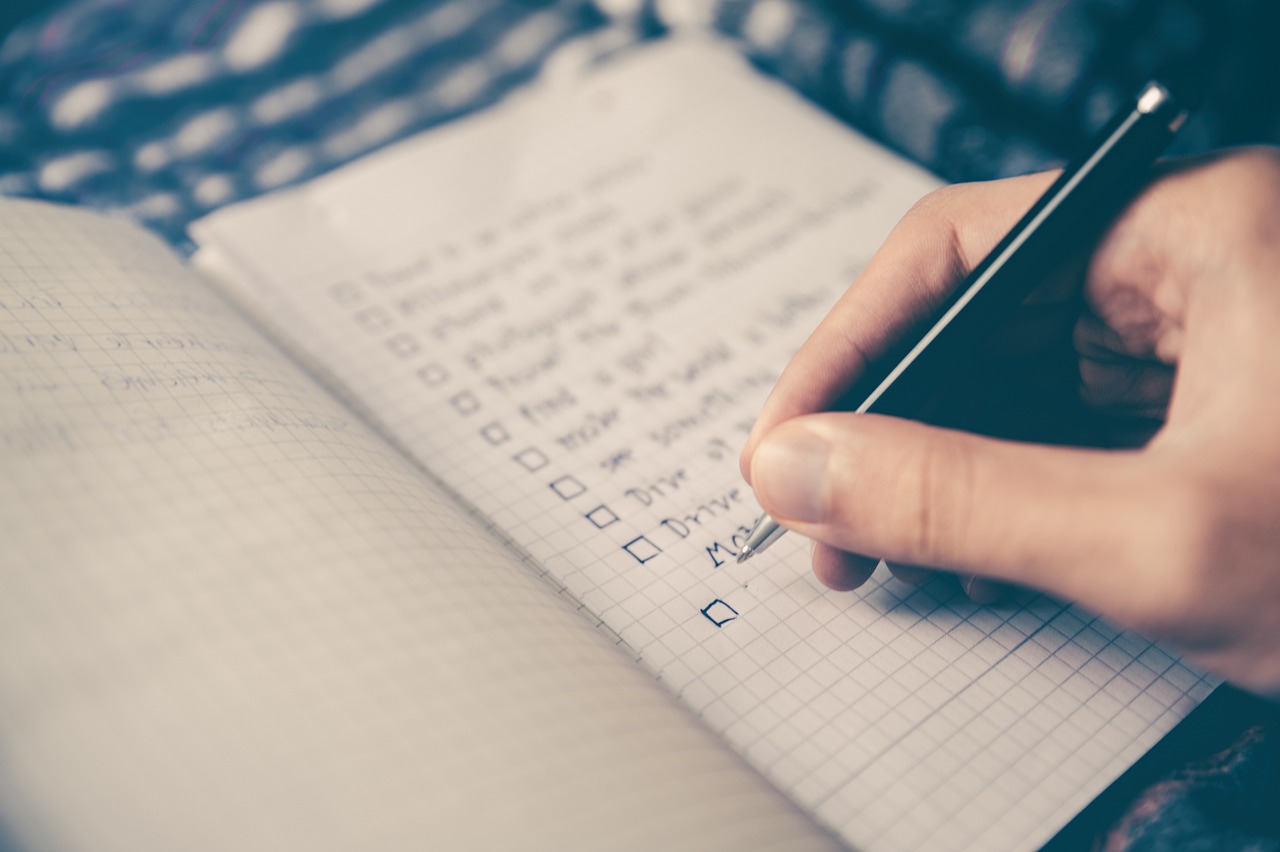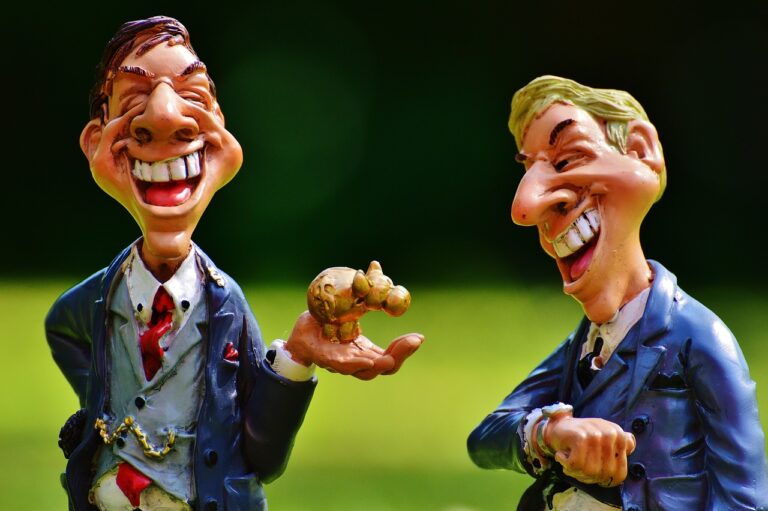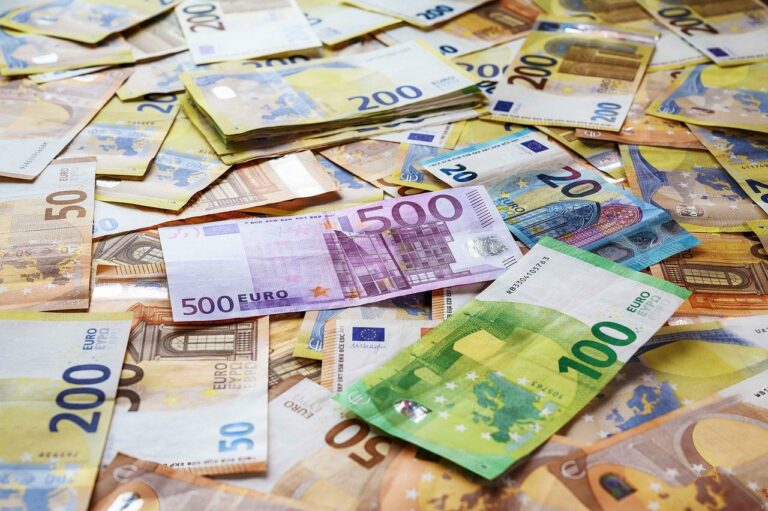Understanding the Psychology of Impulse Buying
Impulse buying is a common phenomenon that many consumers experience. The urge to make unplanned purchases can often be triggered by psychological factors such as emotions, social influence, and environmental cues. These triggers can lead individuals to make spontaneous buying decisions without much consideration or deliberation.
One major psychological trigger of impulse buying is the fear of missing out, also known as FOMO. Consumers may feel compelled to purchase an item when they believe it is limited in quantity or availability, leading to a sense of urgency and a fear that they will regret not making the purchase. Additionally, the desire for instant gratification can play a significant role in impulse buying behavior, as individuals seek immediate pleasure or satisfaction from acquiring a product without fully considering its long-term value or utility.
Fear of missing out (FOMO) can trigger impulse buying
Limited quantity or availability creates a sense of urgency
Desire for instant gratification drives impulsive purchasing decisions
Another psychological trigger of impulse buying is the influence of emotions on consumer behavior. Emotions such as excitement, happiness, or even stress can impact an individual’s decision-making process and lead them to make impulsive purchases. Marketers often use emotional appeals in advertising to evoke certain feelings in consumers and encourage them to buy products on a whim. Additionally, social influence plays a significant role in impulse buying, as individuals may be influenced by friends, family members, or celebrities who endorse specific products or brands.
Emotions like excitement and happiness can drive impulse buys
Emotional appeals in advertising can sway consumer decisions
Social influence from others can impact impulsive purchasing choices
Environmental cues also play a crucial role in triggering impulse buying behavior. Factors such as product placement, store layout, colors, music, and even scents can subconsciously influence consumers’ purchasing decisions. For example, placing items near the checkout counter or offering limited-time promotions strategically placed throughout the store can prompt individuals to make spontaneous purchases without much thought.
Product placement influences impulse buys
Store layout and design affect consumer decision-making
Colors, music, and scents can subconsciously trigger impulsive purchases
The Influence of Emotions on Impulse Purchases
When it comes to impulse purchases, emotions play a significant role in influencing our buying decisions. These emotions can range from excitement and happiness to stress and sadness, all of which can trigger impulsive buying behavior. For instance, feelings of joy and euphoria while shopping can lead individuals to make spontaneous purchases without much consideration.
Furthermore, emotions like fear and anxiety can also drive impulse purchases. In times of distress or uncertainty, people may seek temporary relief or comfort through shopping, leading them to buy items impulsively. Marketers often capitalize on these emotional triggers by creating compelling advertisements and promotions that evoke specific feelings in consumers, ultimately prompting them to make unplanned purchases.
The Role of Social Proof in Impulse Buying
Social proof plays a significant role in driving impulse purchases among consumers. When individuals see that others have already made a certain purchase and are happy with it, it creates a sense of validation and trust in the product or service. This validation can lead to consumers feeling more confident in their decision to buy, even if it is a spontaneous choice.
Moreover, social proof can also create a sense of urgency for consumers to make a purchase, especially when they see that a product is in high demand or selling out quickly. This fear of missing out on a popular item can push individuals to buy on impulse without thoroughly evaluating their need for the product. As a result, leveraging social proof in marketing strategies can be a powerful tool to influence consumer behavior and drive sales.
What are the psychological triggers of impulse buying?
Psychological triggers of impulse buying include emotions, scarcity, social proof, and the fear of missing out.
How do emotions influence impulse purchases?
Emotions play a significant role in impulse purchases as they can override rational decision-making processes and lead individuals to make impulsive buying decisions.
What is social proof and how does it impact impulse buying?
Social proof is the phenomenon where people assume the actions of others in an attempt to reflect correct behavior. This can influence impulse buying as individuals may be more inclined to make a purchase if they see others doing the same.
How can businesses leverage social proof to encourage impulse buying?
Businesses can leverage social proof by showcasing customer testimonials, reviews, ratings, and social media mentions to create a sense of credibility and influence potential customers to make impulse purchases.
Can social proof be used effectively in online shopping?
Yes, social proof can be used effectively in online shopping through features such as customer reviews, ratings, testimonials, and social media shares to create a sense of trust and influence impulse buying behavior.







